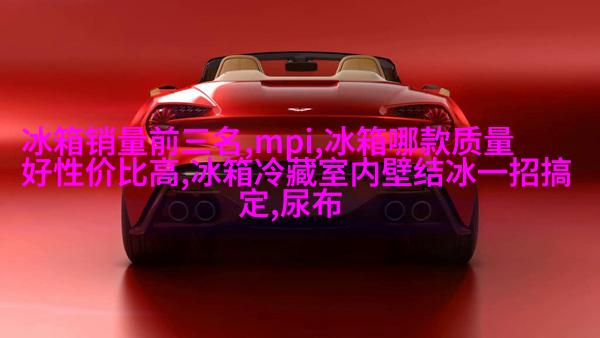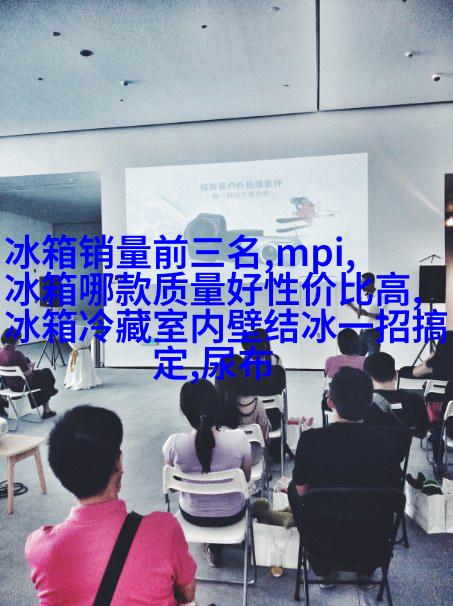各位小伙伴大家好。不知不觉,距离我们“2017全球VR创新创业大赛”开赛已经两个半月啦。为了让各位参赛者更好地了解本次大赛以及我们的专家评审团,今天,我们有幸采访到了本次大赛的评委之一:麻省理工学院(MIT)教授、麻省理工教育游戏部主任Eric Klopfer(埃里克·克洛普弗)。

Eric Klopfer
Eric Klopfer在MIT任职多年,主要研究如何将教育科技、游戏与计算机模拟作为教学复合系统中的工具并开发学生的认知和计算思维能力。他的学术作品包括《增强学习》(Augmented Learning)、《在建模中冒险》(Adventures in Modeling)以及《我们知道的越多》(The More We Know)。那么,作为本次大赛的评审之一,他对各位参赛者又有哪些建议和期待呢?下面就一起来看看吧:(以下Q为公共服务平台小编提问,A为Eric Klopfer教授回答)

Q:目前许多的VR+教育作品都是偏游戏向,我们本次大赛也收到了不少游戏向的VR教育作品。但是现在有不少家长及老师都认为游戏对孩子的学习没有帮助,您是如何看待这个问题的呢?
A:I think it is important that parents realize 1) all games are not the same they range from intensive problem solving games to construction games and more, and 2) that there is both good research and good theory that supports the use of game design principles for learning. Game design principles can be applied to not only motivate students but to challenge them, and keep them on the edge of their expertise.

(在我看来,家长需要认识到以下两点:首先,并不是所有的游戏都完全相同。游戏的范围很广,从解决问题类游戏到建筑类游戏应有尽有。其次,现在有多种研究与理论都支持使用游戏设计原则来辅助学习。游戏设计原则不仅可以用来激励学生,也可以给他们以挑战,并让他们不会忘了自己的专业知识。)
Q:通过奖励系统来激励孩子们学习这一方法已经取得了诸多成效。您觉得对于一款VR+教育产品来说,奖励系统是否不可或缺呢?如果本次大赛的参赛者在作品中使用了奖励系统,是否能加分呢?

A: I think rewards by themselves can be shallow and even counterproductive for learning. But when design combines rewards and other forms of feedback, it can be very helpful for learning. Students often don’t get feedback for long periods of time in school. Games can provide such feedback more quickly and in ways that can help learning.
(我认为奖励这项行为本身是肤浅的,甚至会对学习会产生反面效果。但如果在设计中加入奖励以及其他的反馈形式,却可以对学习非常有帮助。通常来说,学生虽然长时间待在学校,却不会获得任何形式的反馈,但是游戏能够快速地提供这种反馈并且能够以这种方式来帮助学生学习。至于本次大赛的作品,当然也要取决于参赛者如何使用这一奖励系统。)

Q:大部分VR教育产品开发者都很在意自己产品的教育成果,但这些开发者难以获知学生究竟从他们的作品中收获到了什么。因此,我们应该用什么标准来衡量一款教育产品是有效的?对于本次大赛的参赛作品,您又会以怎样的标准来评判呢?
A:There are at least a couple of ways to think about this. First, one can and should build challenges into a game that take the form of an assessment. That isn’t to say you should interrupt a game with test questions, but the actual tasks within the game should require the use of the desired learning principles. With modern data analytics we can then assess learning in game based on this data. But it is also useful to triangulate with external measures, which often requires collaboration with researchers.
(关于这一点,至少有两种方式来思考。首先,开发者可以并且应该在游戏里设计一些挑战来作为一种评估的形式。这并不是说你应该使用一些测试题来中断游戏,而是说游戏里的一些实际任务应该使用到学习原则。通过当代的数据分析我们可以在游戏里通过这些数据来评估学生的学习行为。同时,这也可以与外部测量结合在一起形成一个三角测量,这通常需要与研究人员合作。)
Q:VR已经被用于各个行业专业技能的培养,比如最近肯德基用VR来指导自己的员工如何炸鸡。但在您看来,我们要如何使用VR来养成一些软技能呢?比如帮助用户培养一些领导能力、公开演讲能力等等?
A:One of the things we’re starting to learn about VR is that it has a significant emotional impact. So practicing something like public speaking in front of a VR audience provides a real challenge. Psychologists are starting to use and apply these principles. But we are just beginning to see the ways that we can use the collaborative capabilities in VR. The potential is very significant.
(我们开始研究VR的一个原因就是因为它拥有重要的情绪影响。打个比方说,在VR中站在众多观众面前进行公开演讲也可以算是一个真正的挑战。心理学家也已经开始使用并提供这些原则。不过我们也才刚开始研究如何使用VR中的协作能力,它的潜能是难以估量的。)
Q:在本次大赛的101创想世界赛区,有许多的参赛者都是从未学习过VR开发的。对于这些人第一次制作VR作品的人来说,您对他们有什么建议呢?
A:Think about what affordances VR actual provides. What unique visualizations or interactions does this new technology afford? Draw upon these unique aspects, rather then just moving a 3d experience to VR.
(仔细想想VR究竟能够提供什么?这个全新的技术能够提供什么独特的可视化或是交互?利用这些VR独有的特性来开发你的作品,要好过单纯地将一个3D体验改成VR体验。)
Q:目前移动设备可以说是几乎人手必备,因此在本次大赛中,我们不仅专门设立了移动端的游戏内容开发赛项,也鼓励参赛者提交适配移动端的VR元素及行业应用作品。那么,您觉得开发者要如何利用当前火热的移动市场来让自己的作品更好地发挥作用呢?
A:Many more people will experience VR through mobile devices than computer-based head-mounted displays. So it is important to think about this platform seriously. It currently has much more limited interaction so make sure to match the application to the forms of interaction that the experience does provide.
(比起基于电脑的头戴式显示器来说,会有更多的用户选择使用移动设备来体验VR。因此我们也应该认真思考这一平台。当前移动平台还有诸多限制,所以开发者要确保你的应用所提供的体验能够符合移动端的交互形式。)



